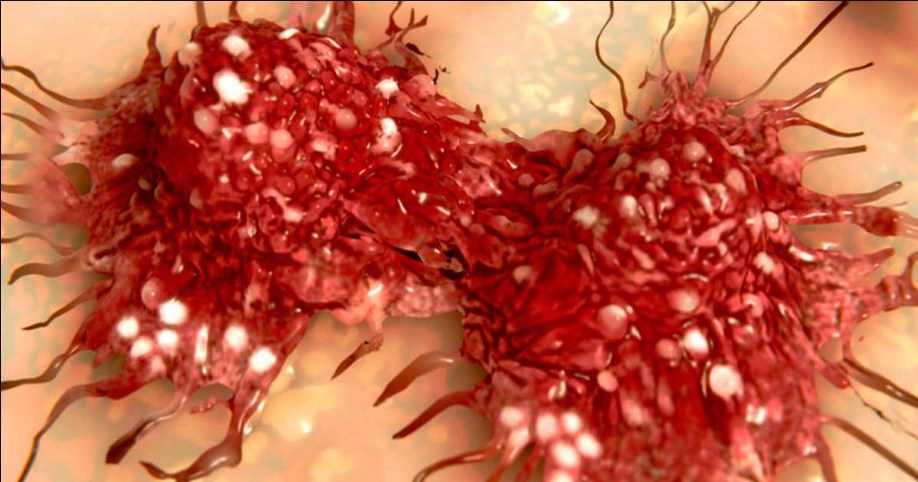Everybody feels negative emotions once in a while, but these emotions have a stronger effect on your health than you may realize. Every time you think about regrets, experience resentment or replay bad memories in your head, your body suffers just as much as your mind. That’s why harboring negative emotions can lead to devastating long-term disease. health, science, psychology, health, science, psychology, health, science
But there is one simple solution: forgiveness. Trouble is, our culture seems to perceive forgiveness as a sign of weakness, submission, or both. This makes it harder to actually do the work to forgive people who’ve done you harm.
Clearing Negative Energy: Why It’s Worth It
According to The Greater Good Science Center, “psychologists generally define forgiveness as a conscious, deliberate decision to release feelings of resentment or vengeance toward a person or group who has harmed you, regardless of whether they actually deserve your forgiveness.” (1).
It’s important to stress that forgiveness is a process, not an event. That’s why there’s such a big difference between decisional forgiveness and emotional forgiveness.
Some researchers have described the distinction as such: “Decisional forgiveness is a behavioral intention to resist an unforgiving stance and to respond differently toward a transgressor. Emotional forgiveness is the replacement of negative unforgiving emotions with positive other-oriented emotions. Emotional forgiveness involves psychophysiological changes, and it has more direct health and well-being consequences.” (2).
As such, a study published in the Journal of Behavioral Medicine found that a forgiving personality was related to better subjective well-being and psychological well-being (3).
In other studies, forgiveness was linked to improved physical symptoms, fewer medications used, better sleep quality, less fatigue, and fewer somatic complaints (4).
Plus, forgiveness has heart-protective properties. A study published in the American Journal of Cardiology found that anger and other negative emotions had cardiotoxic effects, while forgiveness has a more cardioprotective profile.
The researchers concluded: “These findings suggest that interventions aimed at decreasing anger while increasing forgiveness may be clinically relevant.” (5).
Forgiveness Improves Your Life
To examine the effects of negative emotions, researchers from Hope College’s Psychology Department, examined 35 female and 36 male participants as they revisited hurtful memories and grudges. They focused on blood pressure, heart rate, facial muscle tension, and sweat gland activity (6).
Participants were then asked to imagine granting forgiveness toward real-life offenders. Not surprisingly, researchers found that “forgiving thoughts prompted greater perceived control and comparatively lower physiological stress responses.”
Simply put, while negative emotions increased stress response and sweat production, forgiveness lowered blood pressure and relaxed facial muscles.
They further explained that “…chronic unforgiving responses may erode health whereas forgiving responses may enhance it.”
What About Cancer?
Unforgiveness is classified in medical books as a disease, according to Dr. Steven Standiford, chief of surgery at the Cancer Treatment Centers of America. He insists that refusing to forgive people who’ve done you wrong makes people sick and keeps them that way (7).
“It’s important to treat emotional wounds or disorders because they really can hinder someone’s reactions to the treatments, even someone’s willingness to pursue treatment,” said Standiford.
When it comes to the most feared disease of the last century, forgiveness may play a role in cancer prevention too. Dr. Michael Barry, author of the book The Forgiveness Project estimates that 61 percent of cancer patients have forgiveness issues.
“Harboring these negative emotions, this anger and hatred, creates a state of chronic anxiety,” he explains.”Chronic anxiety very predictably produces excess adrenaline and cortisol, which deplete the production of natural killer cells, which is your body’s foot soldier in the fight against cancer.”
Put It In Practice
Forgiveness can be as simple as letting go of hurtful memories and remembering that the person who hurt you is human too. But before you can do that, you have to forgive yourself for carrying around the weight of resentment for far too long. Let go of the past and you’ll feel healthier and lighter than ever before.

Let’s forgive and forget